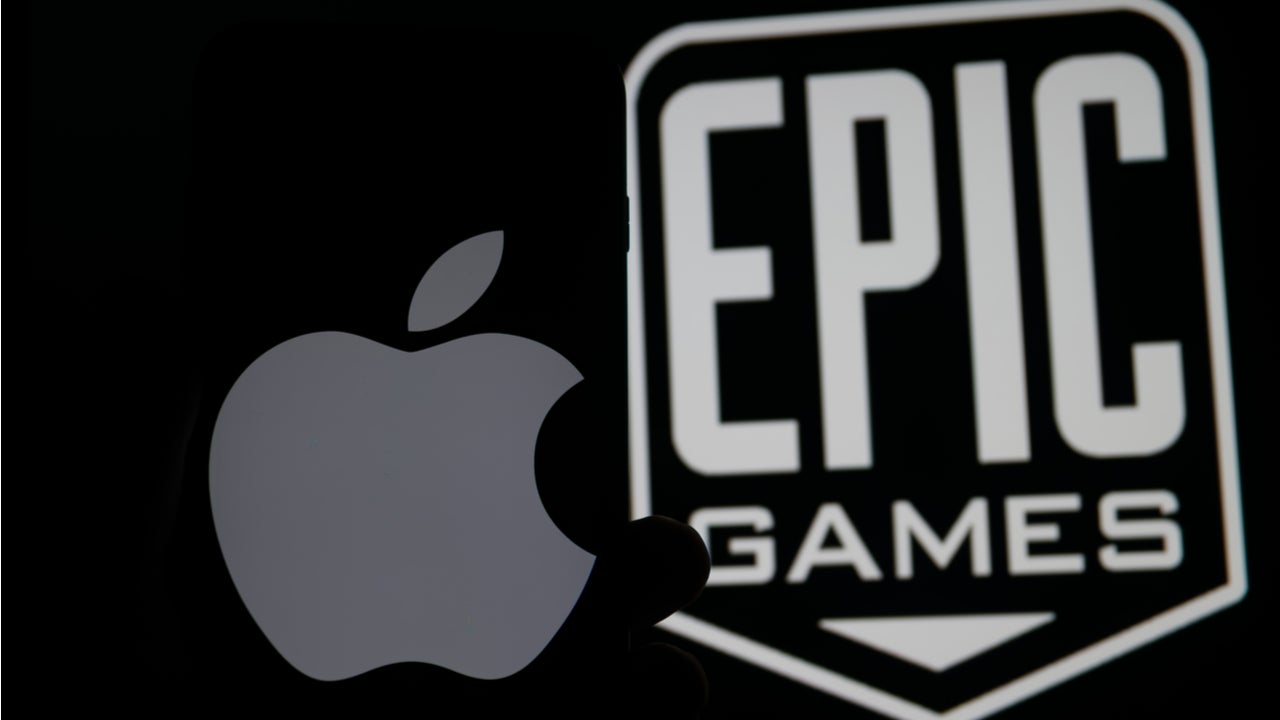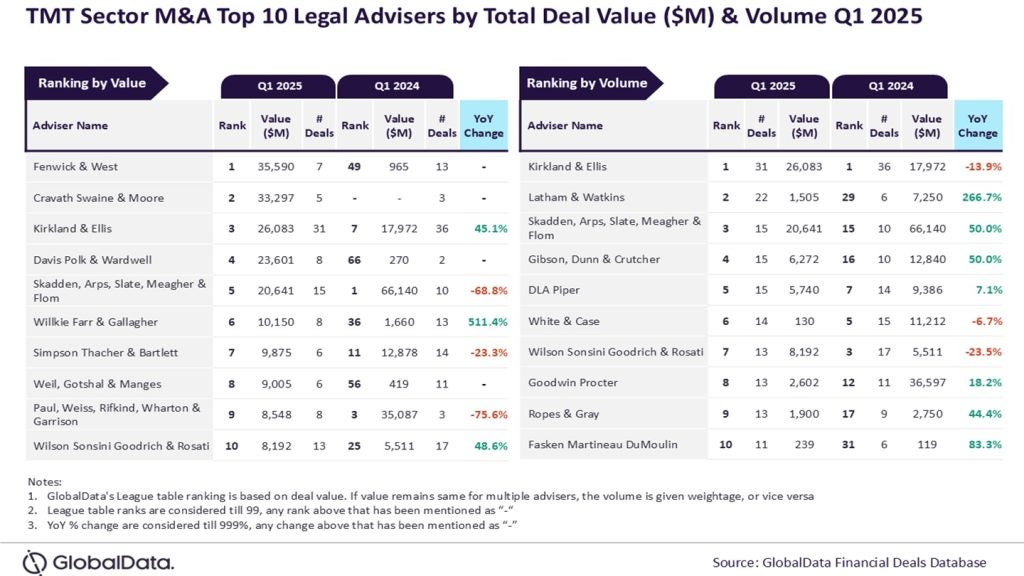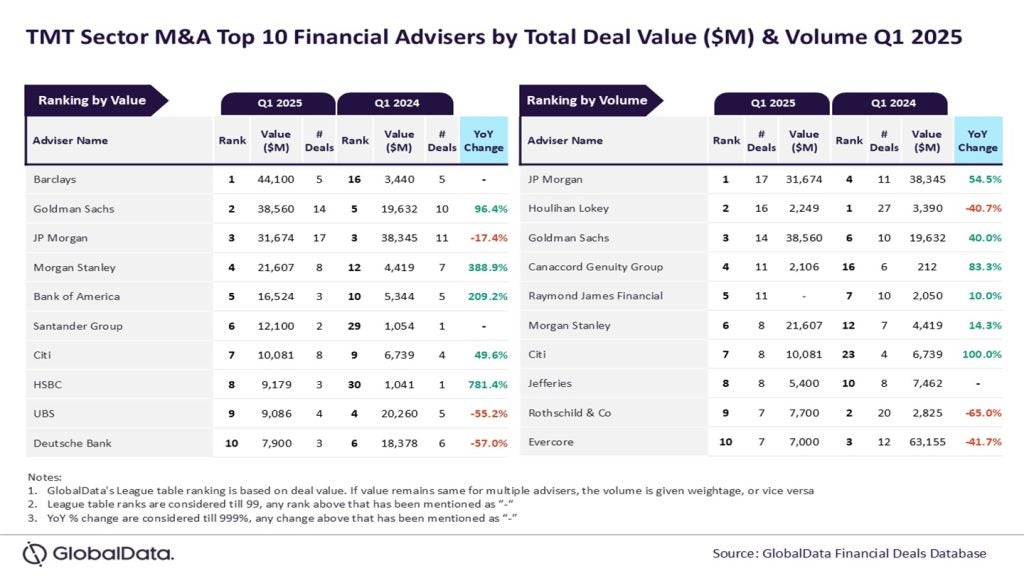
A California judge on Friday handed down a ruling in the high-profile Epic Games v Apple trial. Apple won nine out of ten counts, but the court ruled against it on a key aspect that allows developers to direct consumers to payment options outside of the iOS App Store.
The ruling could alter the dynamics of app store marketplaces and help clarify what is considered monopolistic under modern antitrust law.
Fortnite-maker Epic Games had claimed Apple’s App Store practices, including a policy preventing developers from providing their own payment systems to bypass Apple’s up-to-30% commission, were monopolistic. It sued Apple in August 2020 and Apple countersued for breach of contract.
Judge Yvonne Gonzalez-Rogers found that despite Apple’s “extraordinarily high-profit margins” the court could not “ultimately conclude that Apple is a monopolist”, adding that “success is not illegal”.
However, Apple’s policy for blocking developers from offering an alternative payment option “illegally” stifled consumer choice, Gonzalez-Rogers explained in an opinion accompanying the ruling.
Apple has 90 days to let app-makers include an external link or information directing consumers to other ways of paying. Epic Games and other developers will also be permitted to notify customers of the alternative payment method using contact details, such as email, freely given by the consumer.
The Cupertino-headquartered company is allowed to continue taking a 30% cut of in-app purchases and is free to continue offering its own in-app payment system.
But in permitting developers to link to their own payment methods, Apple may face a significant hit to its $53.8bn services business.
The case shed light on the revenue splits within the App Store. It found 70% of all App Store revenue is generated by mobile gaming apps and of that revenue, the bulk of it is from a small percentage of users making in-app purchases. Contrastingly, 80% of App Store users generate “virtually no revenue” because most apps are free.
“By choosing a remedy to eliminate Apple’s anticompetitive conduct, the judge opted for a compromise that aims to increase competition and transparency on the App Store without questioning Apple’s iOS modus operandi,” said Laura Petrone, principal thematic analyst at GlobalData.
In a separate judgement, the court sided with Apple’s counterclaim for breach of contract and ruled that Epic Games must pay Apple some $3.6m in damages. That figure is a 30% cut of the $12.2m revenue collected by Epic Games through its own direct payment system since August 2020 – money that would have otherwise gone to Apple.
Epic Games may embolden Apple critics
The ruling concludes a more than one-year-long dispute – for now.
Epic Games has said it plans to appeal the ruling, while Apple has so far remained tight-lipped.
“Today’s ruling isn’t a win for developers or for consumers,” said Epic Games CEO Tim Sweeney on Friday. “Epic is fighting for fair competition among in-app payment methods and app stores for a billion consumers.”
In a statement, Apple said: “Apple faces rigorous competition in every segment in which we do business, and we believe customers and developers choose use because our products and services are the best in the world. We remain committed to ensuring the App Store is a safe and trusted marketplace that supports a thriving developer community and more than 2.1 million US jobs, and where the rules apply equally to everyone.”
Despite Apple’s claim to victory, Judge Gonzalez-Rogers was at times highly critical of the iPhone maker, noting that “nothing other than legal action seems to motivate Apple to reconsider pricing and reduce rates”.
The ruling is expected to heavily influence a similar trial taking place next year, in which Epic and others are suing Google for employing app store rules similar to those of Apple.
And separately, music streaming platform Spotify has sued Apple in 2019 over its App Store rules.
In a statement responding to the Epic Games v Apple ruling, Spotify said: “We are pleased with [the decision that] Apple engaged in anti-competitive conduct and has permanently prohibited their anti-steering provisions.”
Apple may have deflected the heaviest blows from Epic, but there are signs that cracks are appearing in its armour. Many commentators deemed Epic’s legal action to be speculative and did not expect it to come away with anything.
Other aggrieved developers will likely feel emboldened by the result, risking further litigation for Apple, said Petrone.
“Even though the ruling says that Apple didn’t act as an illegal monopolist, it does recognise that there’s a certain level of unfairness in the way the Apple’s platform works and the remedy should tackle that,” she explained. “Right from the beginning the lawsuit has gained strong resonance and it is likely that more lawsuits will follow from other developers emboldened by this ruling highlighting Apple’s anticompetitive practices.”
The reasoning provided by Gonzalez-Rogers in her 185-page opinion will also act as a blueprint for future mobile ecosystem payment antitrust cases.
The complexity of the case was demonstrated by Apple and Epic’s failure to even define the relevant market. Apple had argued the relevant market was the entire digital video games market, while Epic argued that Apple’s App Store meant it did not compete with anyone.
Ultimately, the court disagreed with both companies’ definitions, finding the relevant market to be the “digital mobile gaming transactions market”.
The court said that Apple and third-party developers such as Epic Games have “symbiotically benefited” from the “iOS ecosystem”.
Another blow for Apple
It is the latest blow to Apple and its App Store. Earlier this month, South Korea passed a bill permitting developers to use their own payment systems, effectively blocking major app store operators such as Google and Apple from collecting app purchase commissions.
US lawmakers have proposed similar legislation in a bipartisan push against Big Tech.
Separately, Apple also said it will let developers of “reader apps” link to their own external sign-up website, allowing companies such as Netflix and Spotify to avoid paying commission that would be collected if using the App Store’s in-app payment system.
And in August, Apple agreed to a settlement with small developers in the US that will allow them to share information on how to pay for purchases outside of the App Store.
All of this comes amid a wider crackdown on app store rules that extend beyond payment methods.
In preliminary findings for its antitrust probe, the European Commission accused Apple of choking competition by making developers agree to what it called unfair rules.
The EU’s proposed Digital Markets Act also has Google and Apple’s app stores in its crosshairs.
In March, the UK’s Competition and Markets Authority launched an antitrust probe into Apple’s App Store terms to establish whether they break competition laws.
“From a regulatory perspective, [the Epic v Apple ruling] is a step ahead towards tackling antitrust issues in the digital world and clarifying what constitutes an anticompetitive practice,” said Petrone. “Regulators across the world are trying to adapt traditional antitrust rules to digital economy, but this is daunting, considering the complexity of digital platforms.”







